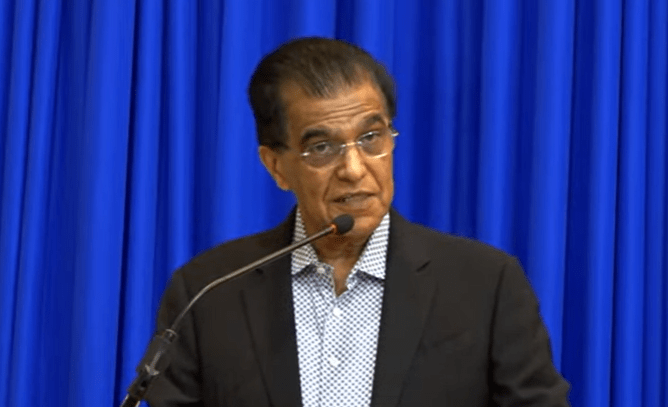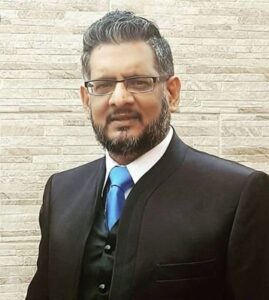By Sue-Ann Wayow
GOING forward, Paria Fuel Trading Company and similar related companies should include a Delta-P hazard in their risk assessments for jobs to be conducted.
This is one of the recommendations being made by counsel to the Commission of Enquiry into the Paria-LMCS tragedy Ramesh Lawrence-Maharaj, SC.
Maharaj listed his recommendations in his closing statements to the CoE at the International Waterfront Centre in Port of Spain on Friday.
He said he could not fathom how such a company as Paria run by pipelines did not previously consider the risk of a Delta-P situation.
Neither did LMCS, an experienced contractor in the oil and gas industry.

Maharaj said, “Every risk assessment or job hazard analysis with respect to any project dealing with subsea works in relation to pipes ought to address what we regard as an obvious risk of Delta-P and specific control measures identified.”
He also could not understand if Paria was not competent to perform certain jobs, why did it rely solely on the contractor and not additionally on an expert opinion.
Clear and ambiguous Permit to Work documentation required
In his recommendations, he said, companies like Paria which undertake inherently dangerous works ought to employ a client representative or engineering expert to assist in the preparation of the scope of works to review and accept the contractors’ documents and to oversee the execution of the project by the contractor in according with the Permit to Work procedure.
He said the company can employ someone as long as that person was suitably qualified for the job and did not have to necessarily be independent.
Persons performing the roles and responsibilities set out in the Permit to Work procedure also ought to have dedicated training and qualifications to enable them to perform the functions in those roles in accordance with the Permit to Work procedure, Maharaj said.
The Permit to Work form should be clear and unambiguous and the responses also should clear and unambiguous leaving no room for doubt on either parties.
Work instructions should also be clear and unambiguous and such documents should be required to be co-signed by the applicant and the contractor, he said.
The Permit to Work procedure should be amended so as to have documentation for specific dangerous tasks.
There should also be clearer guidelines as to the meanings of the word periodically and continually as he pointed out monitoring of LMCS works should have been done continually.

Maharaj is also recommending that Paria’s Incident Command System (ICS) be reconfigured to address operational emergencies which may be regarded as exceptional.
This would assist with the development of an action plan specifically identifying the control measures of what resources were necessary to conduct any rescue he said.
Maharaj also said that there should also be more regular training and drilling and that be periodically audited. The protocols for such training should be accessible to regulators and also periodically updated and tested.
Consideration should be given for a rotating incident commander so that depending on the nature of the emergency the most suitable trained qualified and experienced Incident Commander would be automatically appointed.

Noting that no one from the Incident Command Team (ICT) were at the site – Berth #6 when works were being carried out, Maharaj said, “High risk activity should be scheduled only on those dates and times when the key members of the ICT are on site.”
He also said that ICT should be supported by an active communication team which would ensure without the direction of the ICT commander that victims’ families can be accommodated, supported and communicated with on a timely basis.
There was also consideration to have Occupational Safety and Health Agency (OSHA) regulate the operations of the ICS which would require annual certification as another recommendation.
Have proper accreditation for diving
Maharaj said, “There are no compulsory diving standards in Trinidad and Tobago. There are however voluntary standards issued by the Trinidad and Tobago Bureau of Standards. However, those standards have not been made compulsory due to a lack of consensus among the stakeholders. Also, because they are voluntary they are not enforced. So consideration should be given to be looking at this.”
And in pipelines less than 48 inches in diameter that consideration be given to augment existing pipeline and for all new pipelines to be configured to permit particularly at the elbows an additional installation or design to permit divers to be able to turn around.
![]()












